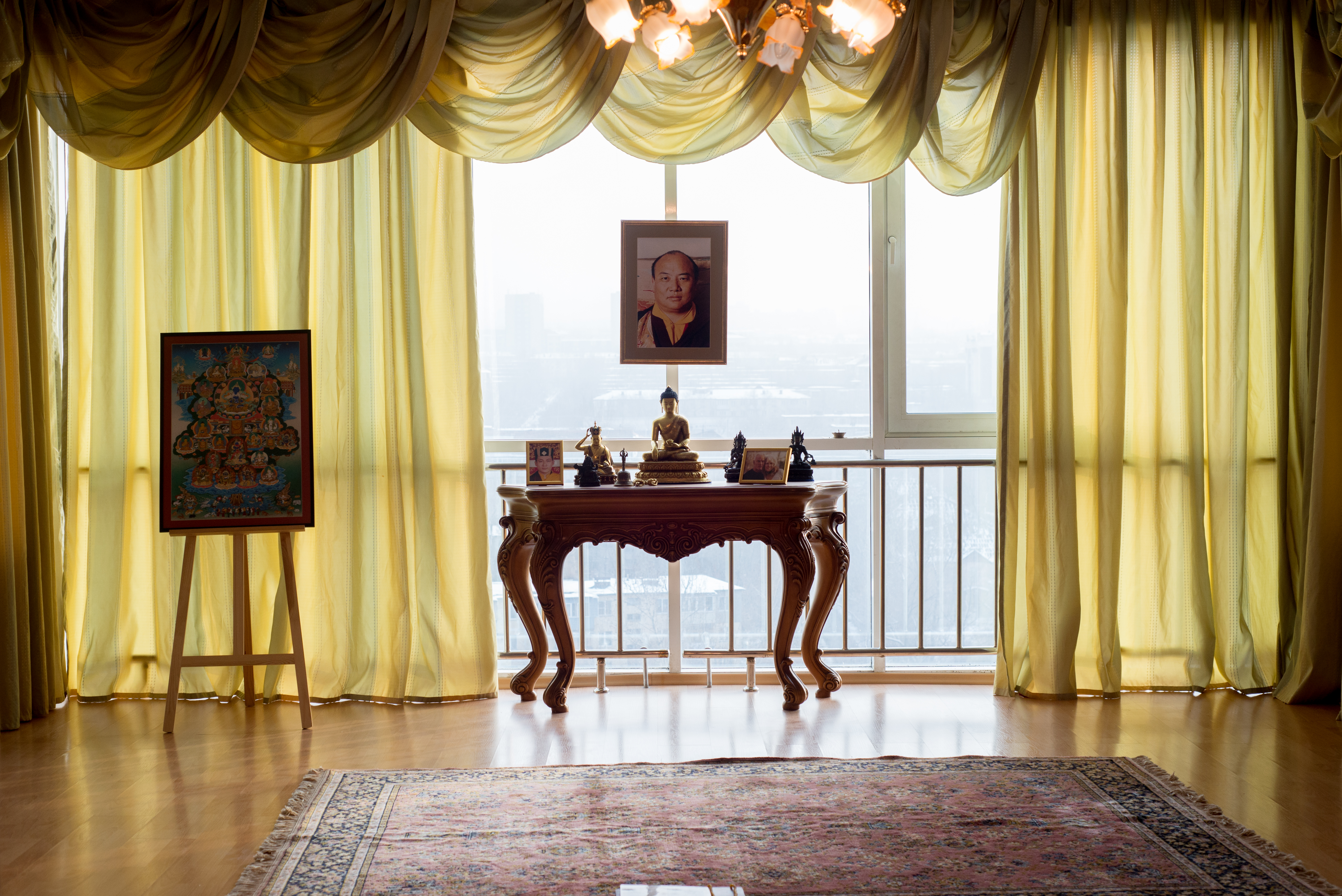“I will not say that I specifically looked for Buddhism. I just had an inner need to become better, because I did not like how I behave with other people.” , – Andrey Almazov, a practitioner of the Karma Kagyu school of Tibetan Buddhism in Almaty.
Below is an excerpt from the article “Kazakhstanis in search of nirvana: how Buddhism came to Kazakhstan.” The story was prepared as part of the IWPR project “Stability in Central Asia through Open Dialogue”.

Today in Kazakhstan there are traditional Korean Buddhists who profess Buddhism – this is Mahayana Buddhism. There are Buddhists who consider themselves disciples of the Dalai Lama, they have a whole community in Uralsk. There are several people in Karaganda and northern Kazakhstan. There are students of the very famous Lama Namkhai Norbu. And there are we – practicing schools of Karma Kagyu, Tibetan Buddhism
I will not say that I specifically sought Buddhism. I just had an inner need to become better, because I did not like how I behave with other people. I understood that this was wrong, I wanted to somehow change it, but I did not know how. And he successfully met a girl who was a Buddhist. We had an affair, and I realized that Buddhism suits me.
There are about 30 people in Almaty and we are a truly functioning community of practitioners. For 9 years now we have been renting an apartment in a great location on the 11th floor with a view of the mountains. We have a separate room – a gompa (a room specially designed for meditation – ed.), Furnished with Buddha statues and so on, so that the mind can be in a “here and now” state.
But we are not only meditating. We also love parties, sometimes noisy. If noisy, then usually in a bar. Now we have the same number of men and women aged 25 to 50 years, the ethnic composition is diverse.

Our legislation does not allow us to register, because it requires 50 people. But in our practice, no one interfered with us. We were interested in bodies, we are known by supervisory bodies involved in culture and religion, but we are open and do not violate laws.
Since we are not registered, we cannot conduct public activities, we cannot officially invite lamas and conduct public events as a religious organization. But we can hold public events as a registered public association “The Himalayan Cultural Heritage”.
If you want to participate in our blog, share your story about how your faith or worldview manifests itself in everyday life.

